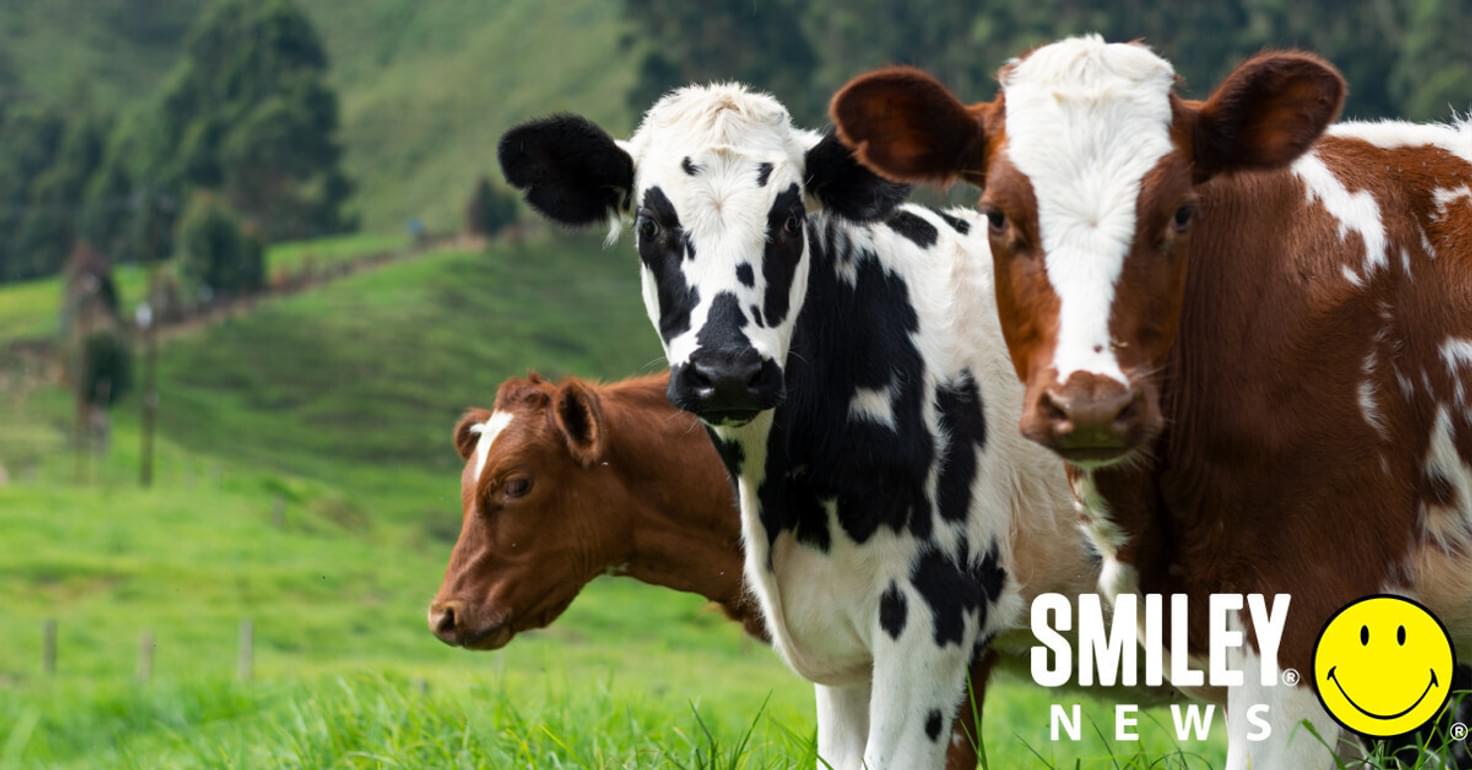
Words by Smiley Team
One dairy farm is fighting to go completely carbon neutral – and has already slashed its carbon footprint by three quarters.
We all know cattle have a bad reputation when it comes to environmentalism. Even just the methane they produce leads to an upsetting carbon output that often feels impossible to come back from - other than by reducing the number of dairy farms.
But at Quicke’s Cheese, that simply isn’t good enough. “The climate emergency and biodiversity loss are the most important issues for our future as a species,” said Mary Quicke, the owner of Quicke’s Cheese.
“We are all responsible for our impact on this beautiful planet. We must work towards methods of making food, generating energy and using water that is environmentally, economically and socially sustainable.”
[Sign up here to receive a weekly dose of positive news in your inbox]
Quicke’s Cheese is already managing to sequester more than 3000 tonnes of carbon, generated through cheese production, out of its annual output of just over 4000 tonnes. Mary said she is determined to deal with the outstanding 873 tonnes by 2030, taking their cheese production to net zero.
“Our challenge is to farm in a way that makes sure Planet Earth can feed us, now and in the future, in a way that balances our responsibility to steward the environment in a way that affords full consideration for our human and wildlife neighbours,” she said.
One of the most important things to consider when looking to make any kind of farming more eco-friendly is the soil. Soil is a huge carbon sink, which means it is capable of absorbing and holding onto carbon from the atmosphere.
Because of this, Mary and her team have decided to implement regenerative farming. This means that anything that can be reused will be, to reduce waste, including returning manure, whey and used water to the earth to help regrow food for their cows.
“Even by growing grass for grazing, we can help the soil remain rich and full of organic life by rotationally grazing the cows from February to November on pastures with clover and some mixed swards,” explained Mary. “This system increases soil organic matter.”
Quicke’s Cheese is working closely with the Farming and Wildlife Advisory Group (FWAG) to achieve many of their aims and go carbon negative. Just under half of the land owned by Quicke’s Cheese was rewilded in the 1880s, and is filled with forestry, which Quicke’s adds to every year by planting 7000 trees.
DONATE: Give to Carbon Neutral Britain and help reduce the carbon in our atmosphere.
SUPPORT: Get involved with WWF and help reduce carbon emissions by making global changes.